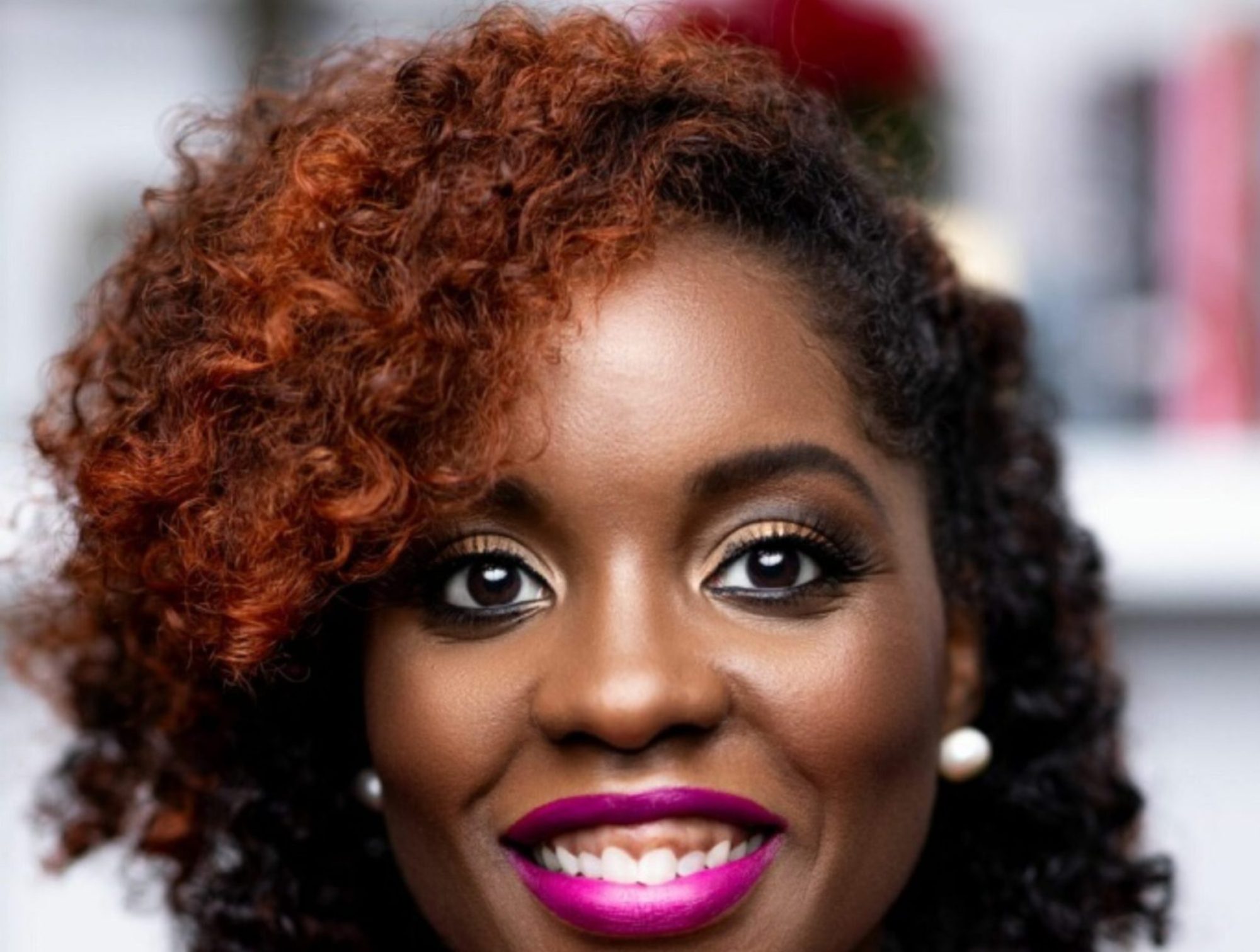
I am an internist, so hypertension is one of my “bread and butter” medical problems. Contrary to what many people believe, I do not like to prescribe medications. My favorite thing is when I get to STOP a medication because someone actually did the things I preach on a regular basis: LIFESTYLE MODIFICATION. But we must treat hypertension, or high blood pressure that is high enough that the medical community considers it a disease process. So let’s discuss why that is.
I like to break down to my patients what constitutes disease in the first place. Generally, when we look at pathology, that is, something that is not normal, we have to pick a place where we are going to say that this pathologic process is now a disease. With blood pressure, there are studies that show varying data that could argue that the lower the blood pressure, the better, until you have problems with getting blood flow to the kidneys and brain. The higher your blood pressure, the more likely you are to have bad changes to your heart and kidneys and the blood vessels in your brain, and pretty much everywhere else. We know that a value of less than 120 over less than 80 is ideal. But where do we say that you have an actual problem?
For a long time, the cut off was when you hit a systolic of 140 or a diastolic pressure of 90. However, in 2017, the guidelines changed, and we decided that numbers that had previously been defined as pre-hypertension should be defined as hypertension. The new cut off became a systolic of 130. When we define disease, we consider complications, and so, for now, the thought is that we will prevent more complications if we take a systolic of 130 more seriously. The recommendation for a systolic of 130s: first, lifestyle modification.
So what lifestyle modifications affect hypertension the most?
- Exercise: Both cardiovascular exercise and weight training have been shown to be of benefit, Aim for 150 minutes of moderate intensity cardiovascular exercise or 75 minutes of vigorous exercise weekly.
- Decrease sodium intake: Some people are particularly sodium responsive
- Monitor your caffeine intake: Generally the equivalent of 1-2 cups of coffee is safe, but different people tolerate different amounts. Some people do better to avoid caffeine alltogether
- Avoid red meats: Beef and pork: the more we learn about the gut microbiome the more we find. I had a patient tell me that every time she ate “meat”, meaning these meats, her blood pressure went up. At the time, I had no idea why. Now we have science for it. You will do much better if you begin to give up, or significantly reduce these meats in your diet.
- Consider a plant-based diet: Going even further than giving up red meats is giving up all meats and dairy. A plant-based diet is extremely evidence based for not just hypertension, but heart health in general.
- Weight loss: it’s last because it gives you the least bang for your buck, and I generally only bring it up as a side effect of the other healthy things you’ve already done. You need to lose quite a bit if you have significantly high blood pressure, but if you’re in the lower ranges of hypertension, losing 22lbs or so will drop your blood pressure roughly 10 points systolic. I generally like for people to focus more on the healthy lifestyle habits, and see the weight loss just as something that happens as a nice side effect, but it’s nice to know that if you lose weight, there’s additional benefit!
Sometimes you’ve done all these things, and you still need medications. And you know what? That’s okay. That’s why they exist. And be thankful they do. Because they help prevent morbidity (problems) and mortality (death) from uncontrolled hypertension over the long haul. But making these changes definitely means you will need less of those medications if you need the medications at all. And if you REALLY don’t want to be on medications, REALLY consider plant-based. I tell my patients all the time, it’s a give and take. Some of us don’t have the genes that let us eat certain things AND not be on medications. Sometimes you have to make a choice. And it’s okay–whatever choice you make! I, and your doctor, are here to support you in that, as long as it’s a healthy one.

